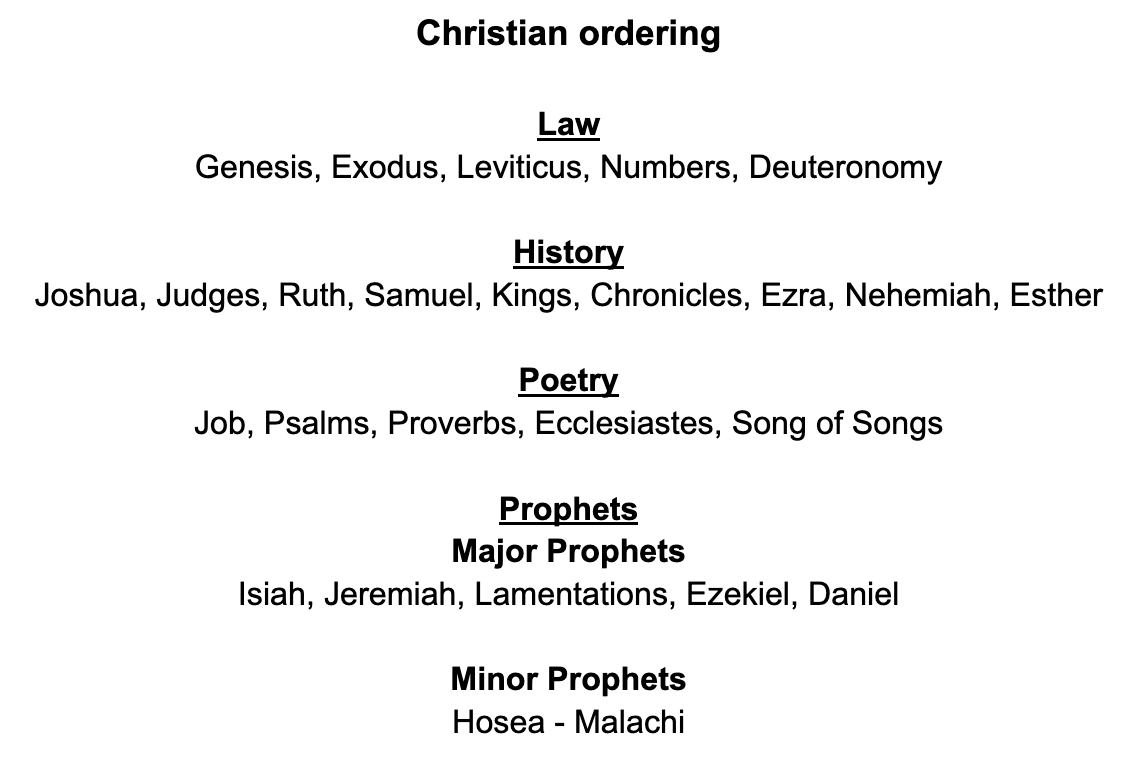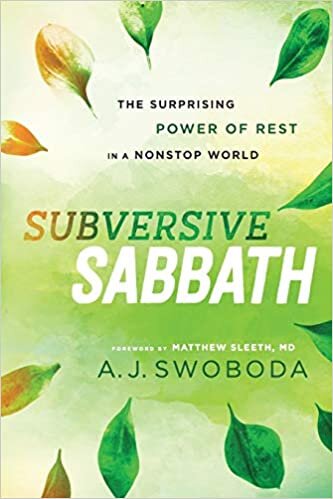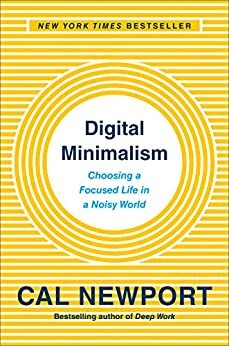Deuteronomy 6:4-9 “Hear, O Israel: The Lord our God, the Lord is one.
This is the center, the anchor. Reality and truth are not beholden to our preferences or perspective. There is a fixed, immovable anchor at the center of the universe. Yahweh, the Lord our God. This is good news because anchors help us not drown in storms. And parenting is a storm.
5 You shall love the Lord your God with all your heart and with all your soul and with all your might. 6 And these words that I command you today shall be on your heart.
Circle #1: Your relationship with God.
How beautiful is it that God’s primary command in all the Scriptures is to love Him. For many of us that’s hard to believe, but the thing God cares about most is that you walk in a loving relationship with Him. What an incredible God. Jesus was asked what the most important command is in the whole Bible and He quotes this verse.
Why? Because everything else falls apart if you live with anything else as central in your life. Pleasure, substances, a significant other, your kids. They can’t hold up under the weight. Nothing else is worthy of centrality in your life. Nothing else is worthy of your ultimate love.
At a more practical level when it comes to parenting, you have to start here with Circle #1 because you cannot mandate onto your children’s hearts something they don’t see modeled in yours.
One of our favorite and slightly terrifying ways to say this came from a pastor named Wayne Cordeiro. “You can teach what you know, but you reproduce who you are.” You can tell your kids 1000 times that prayer is important but none of that changes the fact that they will look at your life and see if you pray or not.
Some of you are playing this silly religious game - “Well I want to raise my kid in church so they’ll be good and moral and stuff.” But the problem there is you can’t honestly believe 1 hour a week here with us is going to put a dent in the 167 other hours they spend elsewhere every week.
The only way this thing works is if the church is partnering with you to help you love the Lord your God with all your heart and all your soul and your kids are getting to see that in you. It is not possible for the church to replace you as your kids’ primary discipler. And we don’t even want to try.
7 You shall teach them diligently to your children, and shall talk of them when you sit in your house, and when you walk by the way, and when you lie down, and when you rise. 8 You shall bind them as a sign on your hand, and they shall be as frontlets between your eyes.
Circle #2: Your relationship with your kids.
If you focus on God as the anchoring center point of your universe and build out from there--if your primary focus in life is loving and walking with Him--then it will flow naturally that you would want to share that with your kids.
“But I don’t know what to say!?” Well ... what do you know about God? Tell them about that. What are you thankful about who God is and what He’s done in your life? What have you read about God in His Word recently? What do you pray to God about? Tell them about that. If the answer to all that is “uuhhhh... I got nothing.” Then that’s a problem with Circle #1.
And because God knows that our schedules are crazy busy, I love the simplicity of the commands in these verses:
“You shall talk of them... when you sit in your house.” Do you ever find yourself sitting around your house? Perfect. That’s a great time to talk to your kids about God.
“And when you walk by the way.” This can literally be translated, “As you’re out and about.” We need to see that this is not saying add 10 more things to your routine. It’s saying as you’re going, weave conversation about God into the rhythms you already have.
“And when you lie down” - Every night. Bedtime is a great time to think about and talk about and love God together with your kids.
“And when you rise” Every morning. This is another opportunity to remember who God is and that we are His.
So here’s how this works in the Ludovina household.
“When we sit in the house”. Almost every night at dinner, after we eat we get out a Bible and a devotional and we read some Bible together and discuss it. And I get to share my love of God and His Word with my kids. And we say out loud the same 4 rules every time. Things like “I will not ask questions that have nothing to do with what we’re talking about.” And “I will not get up and go to the bathroom.” And half the time we break half those rules, but we’re aiming for 18 years of parenting that show off God’s splendor, not 18 perfect minutes of a single devotion.
“When we walk by the way.” Most often this is in the car. Once we were listening to a song and the lyrics were, “your love, your love, your love is my drug.” I reached over and turned it down, “What are they singing about? Why would they say love is like a drug? They depend on it, huh? Do y'all think that’s healthy? No, no it’s not. Why not? Because they’re treating that person like God. That won’t ever work will it? Want me to tell you again how daddy idolized relationships when in high school and college? No, heard that one enough? Ok, we can go back to music. No we can’t turn it up. Daddy gets migraines.”
“When we lie down” Almost every night bedtime involves singing, prayer, and snuggles. I love to get down in my kids’ bed with them and ask, “How was your day? Was anyone mean to you today? What was the best part?” I have 5 kids and it’s a lot. But it’s worth it. Almost every night I say, “You know daddy loves you? Forever and ever? No matter what? And you know I’m proud of you? And you know why? Because that’s how God loves me. I’m trying to show y'all His love.”
“When we rise” Every morning is a bit of chaos before we get out the door, but we all huddle up in the kitchen and pray for 20 seconds before we leave. “God help us. Help us wake up. Help us love the people you put around us. Help us remember that we go out with You today.”
Now this is an article about parenting and it’s easy to read this text with an assumed parental lens. However, if you go back to verse 4, this whole set of instructions was given to Israel. Not just parents. So while it certainly applies to parenting, it’s also bigger than that. Because raising kids is an all-of-us project. A village of people are needed to teach our children how great and worthy God is.
9 You shall write them on the doorposts of your house and on your gates.
Circle #3: Your relationship with your neighbors.
I won’t get into this deeply but the third circle is when the first 2 circles are working well, our families start to become this beautiful oasis of joy and laughter and peace. Our families and community have the ability to be a signpost to heaven for other families in our city. To where other families start going “what’s that about?” And you get to have conversations about this unbelievable God at the center of the universe who loves us more than we can imagine. And the thing He cares about most is that we love Him and walk in relationship with Him. So I’m just trying to bring my kids in on that and help them understand that in my own limited and imperfect ways. That’s our 18-year goal. And yeah we’d love to invite you and your family into that in any way that’s helpful to you. You will find this to be a different approach to parenting and mission and your neighbors than “I can’t believe you let your kids watch Harry Potter. Ughhh. You know that’s witchcraft, right?”
Remember, the shema only works from the inside out. If you don’t start with God and your love for Him. Your identity will be off. Your sense of security and hope will be off. Your ability to train your kids will always end up imbalanced in one direction or the other. It’ll be child-centered or parent-centered and both are broken because neither you nor they are God. You're going to be crushed by the fact that your kids are infringing on your freedom and there’s no way to actually parent them without infringing on their freedoms.
However, if you start with God as the center and move to circle 1 and then circle 2 and circle 3, it all works.
When it comes to truth, God decides what is true and He teaches us and we teach them.
When it comes to authority, God is in charge and He puts us in charge, not to abuse or dominate our children but to lovingly serve them with godly direction and discipline.
When it comes to purpose, God gives us meaning and He gives us purpose in loving our kids and leading them into where real purpose and meaning is found.
When it comes to relationships, God invites us into a perfect loving relationship with Him. He trains us why it’s worth it to restrict our freedoms for the incredible joy found in a loving relationship with Him, with our kids, and with our community and we get to share all of that as we lead our kids into it.
With these circles in order, over time, you’ll find that God of the universe -- the God who invented parenting -- has all the wisdom and all the love and all the patience and all the joy and strength and courage, conviction, and resolve that you’re going to need for the parenting marathon. Even through the terrible 2s. And even through the middle school years.
And over time He’ll grow fruit in you and in your relationship with your spouse and kids in such a way that even the neighbors might start to notice.
For more resources on parenting, visit midtowncolumbia.com/parenting.



























